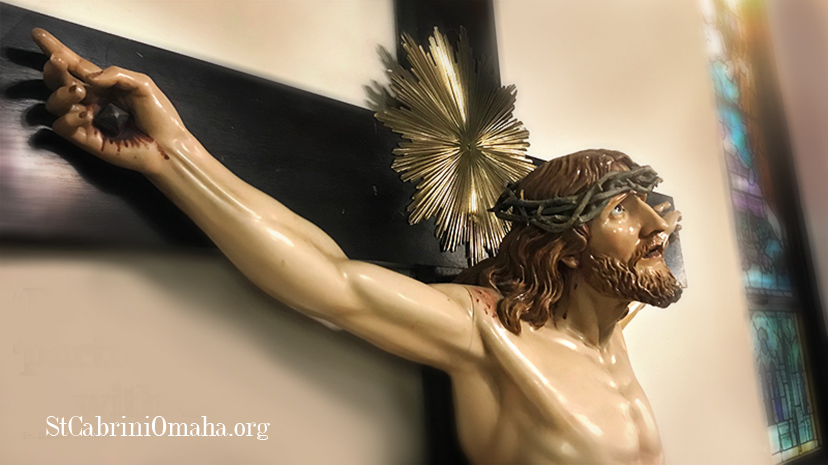Dear Friends,
As I mentioned last week, the Church has begun a Synodal process to listen, pray and decide together where the Spirit of God is leading the Church. Here is the statement about the process from our local Archdiocese:
On March 7, 2021, Pope Francis announced that the theme for the next ordinary Synod of Bishops in October 2023 is “For a synodal Church: communion, participation, mission.” The synod is unique in that there is a two-year preparatory process that involves the entire Catholic Church – laity, clergy, and religious – and this process begins in the dioceses.
Archbishop George Lucas celebrated Mass for the Opening of the Diocesan Phase on Sunday, October 17, 2021, at St. Cecilia Cathedral. The Archdiocese of Omaha will invite everyone in northeast Nebraska to participate in a survey during this phase. Parishes will provide more information on the survey in January 2022. Listening sessions will be held between now and February for those on the peripheries (inmates, homeless, immigrants, etc.). Please pray to the Holy Spirit for the success of the synod.
Continuing where we left off from last week, here is a little more from the preparatory materials offered by the Vatican for your consideration in preparation for the Synod:
Here, we will indicate the main objectives, which manifest synodality as the form, the style, and the structure of the Church:
• recalling how the Spirit has guided the Church’s journey through history and, today, calls us to be, together, witnesses of God’s love;
• living a participative and inclusive ecclesial process that offers everyone—especially those who for various reasons find themselves on the margins—the opportunity to express themselves and to be heard in order to contribute to the edification of the People of God;
• recognizing and appreciating the wealth and the variety of the gifts and charisms that the Spirit liberally bestows for the good of the community and the benefit of the entire human family;
• exploring participatory ways of exercising responsibility in the proclamation of the Gospel and in the effort to build a more beautiful and habitable world;
• examining how responsibility and power are lived in the Church as well as the structures by which they are managed, bringing to light and trying to convert prejudices and distorted practices that are not rooted in the Gospel;
• accrediting the Christian community as a credible subject and reliable partner in paths of social dialogue, healing, reconciliation, inclusion and participation, the reconstruction of democracy, the
promotion of fraternity and social friendship;
• regenerating relationships among members of Christian communities as well as between communities and other social groups, e.g., communities of believers of other denominations and religions, civil society organizations, popular movements, etc.;
• fostering the appreciation and appropriation of the fruits of recent synodal experiences on the universal, regional, national, and local levels.
Peace,
Fr. Damian



